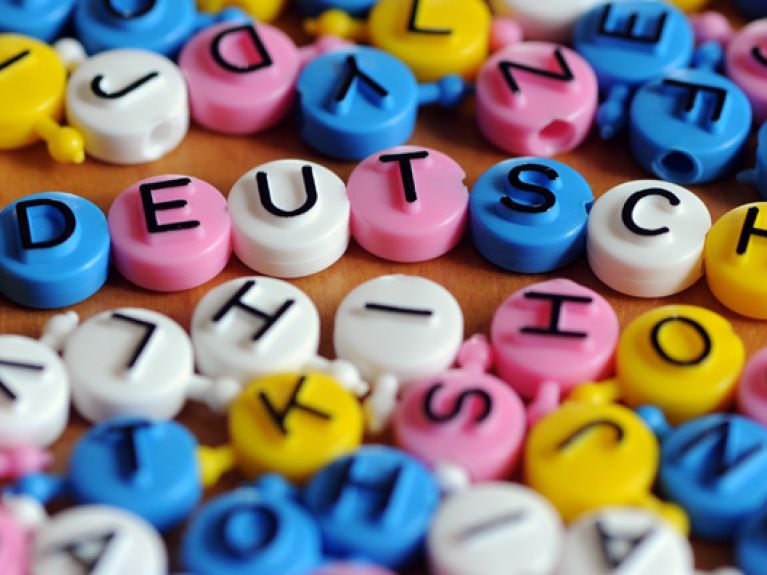German Language Day
German Language Day is all about promoting diversity within one’s own linguistic world.

Interest in the German language is growing again – especially in southern Europe. This may be due to Germany’s highly-regarded educational system, its positive economic development or indeed its reputation as a whole. “German Language Day” aims to promote German independently of trends.
Until recently, the number of people learning German was on the decline. Every five years, the “Netzwerk Deutsch” – a network comprising the Federal Foreign Office, the German Academic Exchange Service (DAAD), the Goethe-Institut and the Central Agency for Schools Abroad (ZfA) – publishes a comprehensive study on the status of German in the world. The most recent survey in 2010 recorded a good 14 million learners of German – around 2.7 million fewer than in 2005. The statistics revealed that numbers were falling particularly in the countries of the former Eastern Bloc. At the same time, there were also countries in all continents where the number of German learners was increasing. Numerous educational projects are preserving and promoting interest in German, such as the school twinning initiative “Pasch”.
Launched by the German Language Association (VDS) in 2001, this year’s German Language Day will be focusing above all on diversity within one’s own linguistic world. Its theme is “German and Its Variants” – which include not only conventional dialects but also the street slang “Kiezdeutsch”, specialist jargon used in particular professions, “officialese” and the language used by the media. At various venues, promoters of the German language will be staging readings, exhibitions and prize award ceremonies.

